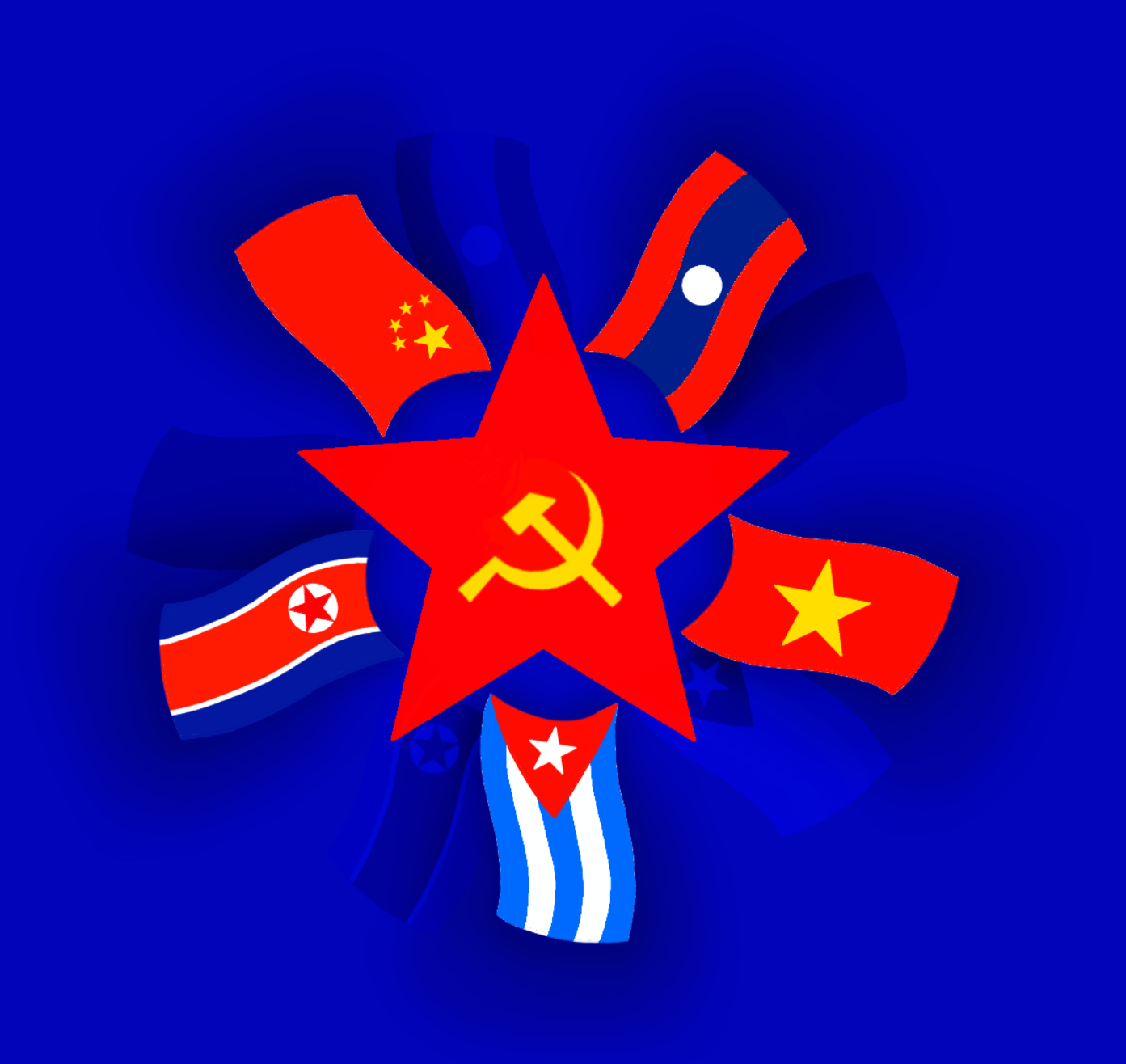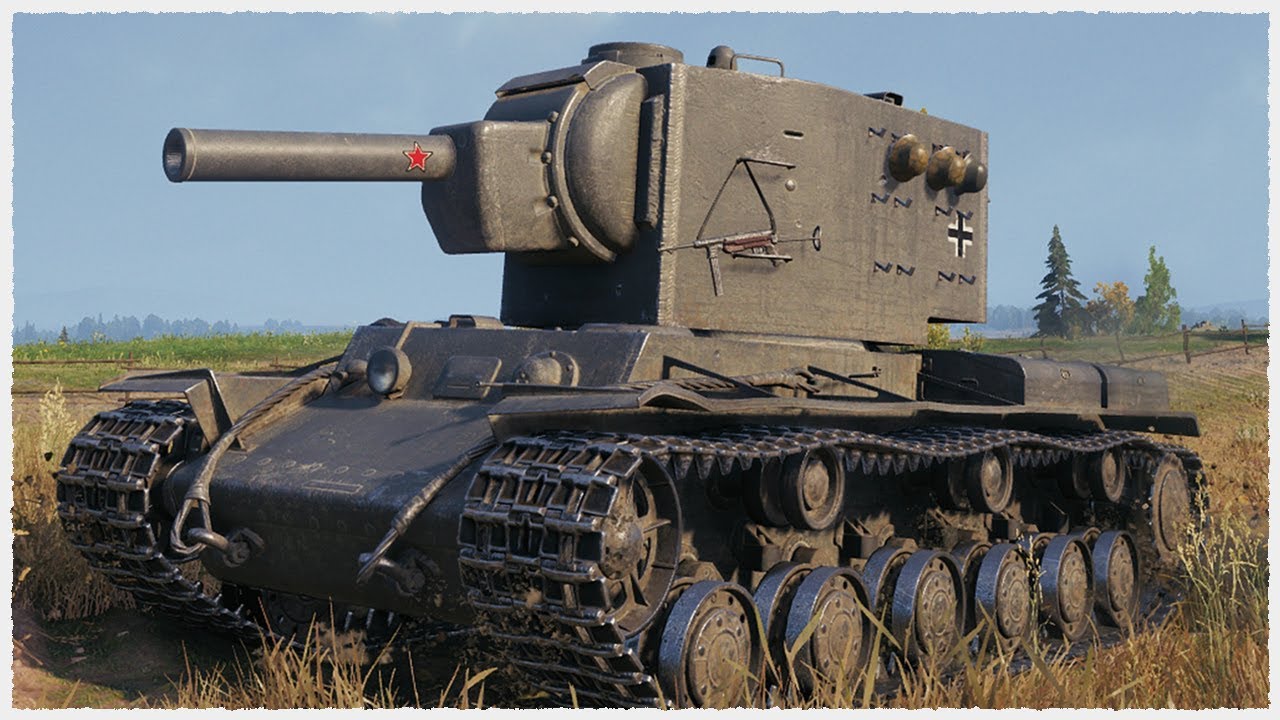I surprisingly don’t know as much of the dissolution of the USSR as I would hope. I know that 70%+ of every polled nation wanted a reformed Soviet Union not dissolution, but why did it get to that point. Did things slowly decline since Khrushchev, since Brezhnev, or later? What led to the liberalization of their statesmen? Like, Gorbachev and Yeltsin (I think?) were involved in government, how did this happen? Were Glasnost and Perestroika the killing blow after a long time coming or were they the first of their kind? Do most communists dislike both of these policies or were they decent ideas that were fucked up in implementation? Thanks in advance I don’t know enough about the details of the USSR’s fall
There are several reasons I can think of:
- It was the first socialist country in the world, it was bound to make mistakes. All other countries that came after the USSR can study it and correct its mistakes.
- When the first 5 year plan was initiated, the Bolshevik party was desperate because they knew Germany was going to invade them sooner or later. This led to the censorship of all ideas that were different than rapid industrialization of the country. This censorship didn’t end after WW2, and this opened the door for opportunists like Khrushchev to begin the de-Stalinization of the country.
- The Soviet electoral system was bad, and led to a systematic increase in abstention. This allowed corruption to permeate into the political class. Corruption is in a lot of cases a lack of democratic participation from the masses. Xi Jinping didn’t fight corruption by simply executing billionaires, he increased the participation that the masses have in politics. This is why the approval of the local governments has been increasing.
- The population was not educated in Marxism.
- They overcommitted with military spending. This meant that the quality of life of their citizens became stagnant.
- They got baited by the West in regards to consumerism. Like not having jeans in the USSR was seen as oppressive and a sign that Socialism can’t give people good products.
Eventually this led to a general perception that the politicians were corrupt, a romanticized view of the West, a government that was disconnected from the masses and a general discontent from the population regarding their living standards and consumer goods.
Thank you so much comrade, that is great info, even the type of shit I could plausibly tell to a friend who has a baseline anti-communist tendency just from living in the US.
This requires more than a post to cover the entire history of the USSR, but in summary, it all kind of started with Khrushchev. Khrushchev was undoubtedly a revisionist, and his policies like the Kosygin reforms, the replacement of the label DotP with “State of the Whole People” and laughable claims like “Communism in 100 years” set the USSR down the path towards the capitalist mode of production. The bureaucracy that formed within the USSR had lead to the USSR being disconnected with the masses, basically trying things out to see if it would improve the USSR in any way. It did not. If anything, it lead to further liberalisation. There was no “absenteeism” that was common called by anti-communists, but rather, the USSR had begun to quantitatively change in regards to the mode of production.
It just accumulated. and as dialectics go, the quantitative transforms to qualitative. Which is why Gorbachev rose to power to begin with. His reforms like Glasnost and Perestroika were despised by the masses, in fact Gorbachev was not a very popular leader especially since he considered bans on things like vodka. But since the masses couldn’t oust him, it was clear that the DotP had shattered, and what remained was a bureaucratic government that was ready to burst.
This is oversimplistic, and I believe I’m missing out a lot of things, which is why you should do further investigation on this topic.
tl;dr: Bureaucracy and Revisionism is why the USSR collapsed, also do research.
Interesting I never knew Glasnost and Perestroika were unpopular. Thanks for the info. Also no lie, as someone from a Slavic family, I have to say that was the one decent policy decision of Gorbachev, the vodka thing. I mean I don’t wanna sound depressing or anything but seriously alcoholism is really not taken very seriously by some people (ahem half my family) because they think being Slavic means they have a liver crafted from Tungsten. And that affects families and life expectancies. Someone needed to do something about the nation’s alcohol problem, but maybe Gorbachev handled it poorly.
Watch this <- Comrade Finbol
Read the first chapter of this
As far as the roots of the issue, this is beyond me at this current time. I would guess mistakes were inevitable considering this had never been done before (mistakes which Mao went on to identify), and because from my understanding (through dialog with other comrades, I have not read this in theory) they treated WW2 like a strike as opposed to a country throwing the most radical elements against the grinder to protect the proletariat, but this left the class de-radicalized and so Stalin was soon surrounded by opportunists in the central committee.
The links I provided hold a world of insight, I highly recommend checking them out.
See this other comment of mine on another post asking a similar question: https://lemmygrad.ml/comment/373700
And read through the two links i provided in the comments on that post: https://fightbacknews.org/2022/12/21/red-theory-restoration-capitalism-ussr https://socialistchina.org/2021/06/24/will-china-suffer-the-same-fate-as-the-soviet-union/
This is a very big topic and there is much more that you can read about it but this is a start. Just remember that views on this question still vary a lot even among communists. The CPC has spent a great deal of time studying the fall of the USSR and its mistakes. It is one of the most important historical subjects for a communist who wants to learn how to build a more successful and more durable socialist society.



